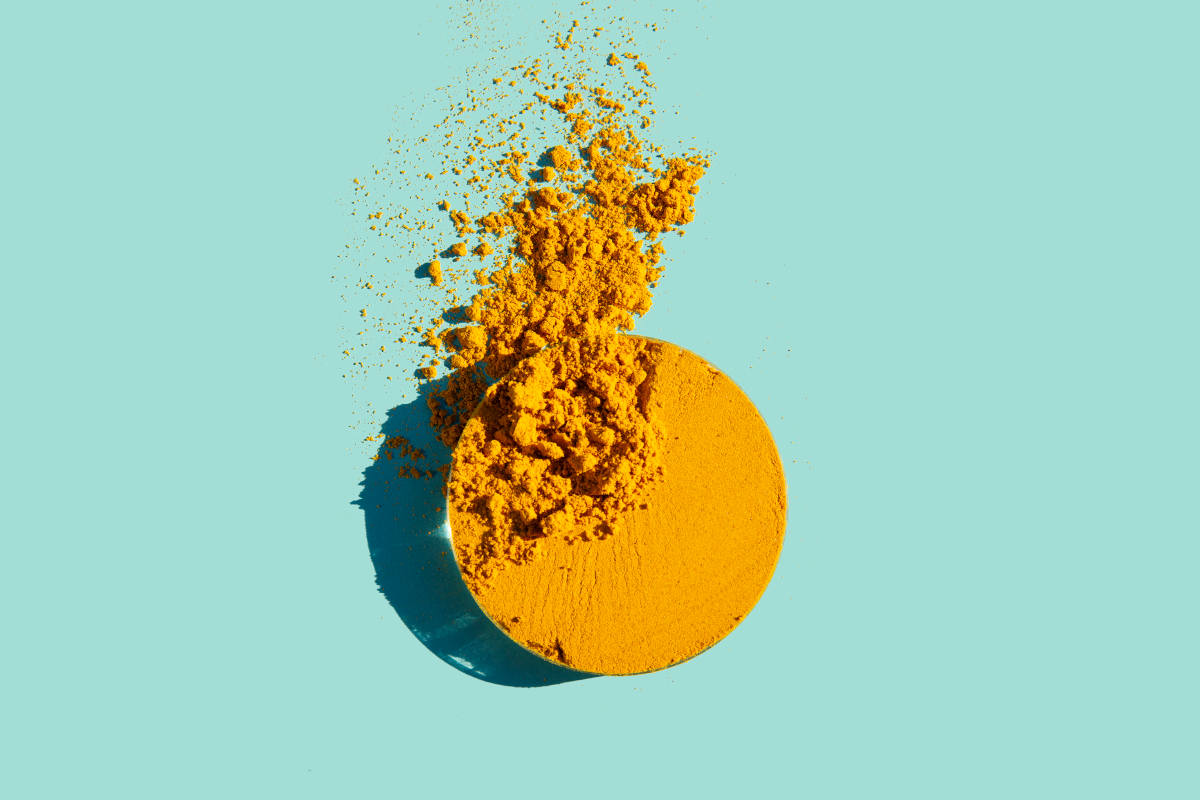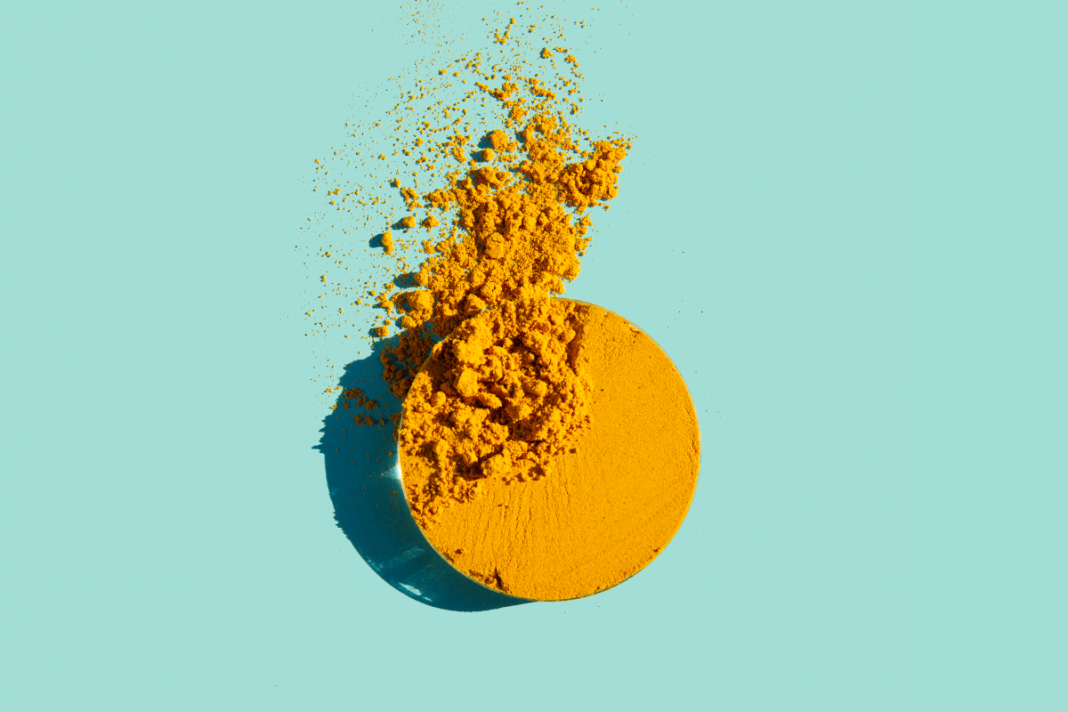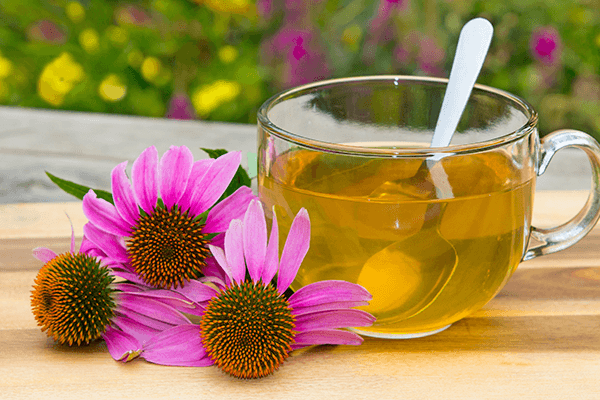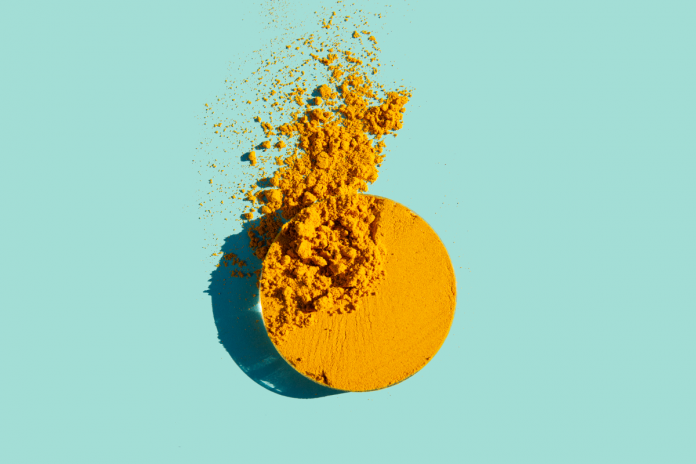Turmeric, the Golden Spice, is revered in India and many Asian cultures as a nourishing culinary ingredient as well as a plant medicine.
Human beings have used traditional forms of turmeric for nearly four millennia, but within the past one to two decades, isolated turmeric compounds and other special formulations have become available for sale. (1)
The science isn’t settled on which type of turmeric supplement is best, but there are plenty of factors you can consider to make a wise decision.
In this article, you’ll learn the differences between turmeric and curcumin supplements, how to select the best type of turmeric for your needs, and what today’s science tells us about the effectiveness of traditional forms of turmeric versus newer formulations.
But first, a quick refresher on the plant and its remarkable health and wellness benefits.
What Is Turmeric?
Turmeric (pronounced “TUR-muhr-ihk”), also known as Curcuma longa, is a flowering plant from the Zingiberaceae (ginger) family.
The rhizomes or creeping rootstalks of the turmeric plant are prized in India and Southeast Asia, where they’re used fresh or boiled, dried, and ground as a spice and medicinal herb.
If you enjoy curry dishes, you’re already familiar with the golden orange-yellow color and warm, earthy flavor that characterizes turmeric.
Turmeric also has a millennia-old history as a natural remedy in Indian Ayurvedic medicine, where, as in other cultures, the culinary and medicinal uses of turmeric frequently overlap.
Another example of turmeric’s utility is found in Okinawa (a Blue Zone known for its long-lived elders), where many residents consume turmeric daily as a spice and in the form of fermented tea. (2)
A common Okinawan saying, Nuchi Gushui, translates to “Food is Medicine.”
Keep reading to learn what modern science tells us about the health benefits of eating turmeric or turmeric supplementation.

5 Health Benefits of Turmeric
-
Turmeric supports your body’s natural anti-Inflammatory response.
Curcumin and other compounds found in turmeric act as powerful antioxidants, which can quench free radicals and support your body’s natural anti-inflammatory pathways. (3)
A 2016 systematic review and meta-analysis of randomized clinical trials also found that current studies “provide a compelling justification for [turmeric’s] use as a dietary adjunct to conventional therapy” to support joint health in osteoarthritis and rheumatoid arthritis. (4)
-
Turmeric supports a healthy metabolism.
Compounds in turmeric may collectively help support healthy weight maintenance and a healthy metabolism. (5)
Additionally, a randomized clinical trial investigating the effects of turmeric paired with medication for people with type 2 diabetes found that it supported healthy blood sugar levels. (6)
-
Turmeric supports digestive health.
Compounds in turmeric may support a healthy gut microbiome. A 2019 paper states that “curcumin in the gut favors the growth of beneficial bacteria strains such as Bifidobacteria and Lactobacilli” as opposed to harmful strains. (7)
Evidence suggests turmeric can also help support a healthy gut barrier (the part of your intestinal wall responsible for keeping food molecules from entering your bloodstream before digestion is complete). (8)
-
Turmeric may support vision and eye health.
Chronic inflammation is a major cause of loss of vision and poor eye health during aging, but turmeric may support better eyesight for aging people. (9)
According to a 2019 paper, the antioxidant and other effects of turmeric compounds may support a state of healthy balance that could be beneficial for ocular health. (9)
-
Turmeric may support longevity and healthy aging.
According to some researchers, turmeric’s role as a staple in the diet of Okinawans may be one factor behind their exceptional longevity. (10)
One preliminary study also suggests that fermented turmeric helps to support brain cell health, which could relate to the remarkable (and mentally sharp) quality of life among Okinawan elders. (11)

Is It Better to Take Turmeric or Curcumin?
There are good arguments for taking whole turmeric as well as isolated curcumin, and the issue isn’t yet settled scientifically.
Most studies use isolated curcumin, which many Western scientists consider the “most important” compound in turmeric root. (7)
The mindset of isolating one component of a medicinal herb in hopes that it will be more potent or effective is a common one, but it runs counter to the application of whole turmeric in Ayurveda and other traditional systems.
Another reason studies may use turmeric root extract is because relatively speaking, some types of extracts are more bioavailable than the root powder–in other words, your body may have an easier time absorbing and utilizing them. (12)
That may make sense in a laboratory setting, but traditional cultures have different solutions to the absorption of curcumin. Mixing turmeric with black pepper or cooking it in oils like coconut oil are ancient practices that are shown to increase turmeric absorption and effectiveness. (3)(12)
At Pique, we believe that the best form of turmeric is whole turmeric–nature provided us with the entire root, and isolating one part of a beneficial plant usually isn’t the best approach. (We feel similarly about drinking green tea vs. taking EGCG supplements.)
Also, curcumin and related curcuminoids only represent 2-4% of the whole root powder by weight (and 2-8% of most full-spectrum turmeric preparations, such as supplements). (5)(13)
Other active compounds aren’t as well-studied, but that doesn’t mean they’re ineffective. You may miss out on additional benefits by using high doses of turmeric extracts instead of whole turmeric.
Ultimately, the choice is yours, and you can always try different turmeric preparations and supplements to see what works best for your body.

How to Choose the Best Turmeric Supplement
The most popular turmeric supplements today include full-spectrum turmeric capsules and liquids, turmeric with standardized curcuminoids, and isolated curcumin extracts.
As we discussed in the previous section, there are pros and cons to using curcumin as opposed to a full-spectrum turmeric product.
While curcumin extract is technically more potent, it’s not as well-rounded, and it’s not consistent with the way humans have used turmeric for nearly 4,000 years.
Here’s what to know before shopping for turmeric or curcumin supplements:
-
- Contamination with solvents and lead has been documented in turmeric supplements. (14)(15) If possible, only buy organic turmeric supplements from a trusted manufacturer. (Don’t bother with non-GMO, because there’s no such thing as GMO turmeric yet.)
- Products that include other curcuminoids (such as demethoxycurcumin and bisdemethoxycurcumin) may have additional benefits beyond those of isolated curcumin. (16)
- The addition of piperine from black pepper (Piper nigrum), often sold as Bioperine black pepper extract, boosts bioavailability of turmeric supplements by approximately twentyfold. (17)
- Liposomal or lipid-based turmeric formulas may absorb better, too. (17)
The traditional powdered root form of turmeric is sold at grocery stores as a spice, but similar to supplements, adulteration and heavy metal contamination are possible issues. (15)(18)
If it’s available in your area, fresh whole turmeric root is an excellent alternative to turmeric powder.
Provided that you buy organic and prepare dishes that also contain black pepper and healthy fats, the powder or whole root can be excellent, bioavailable ways to consume turmeric, but they’re not very convenient.
No matter how much you enjoy the taste of curry, eating it daily could be a challenge!
Fortunately, there’s another delicious, traditional way to imbibe turmeric that’s less hassle.
Fermented turmeric tea
It originates from the Blue Zone longevity hotspot Okinawa, where it’s known as ukoncha.
Research suggests the natural bacterial fermentation process increases the bioavailability of curcumin and other antioxidant polyphenols found within the root, resulting in a high absorption rate. (19)
And not only that, but fermented turmeric also acts as a probiotic, providing your gut with beneficial bacteria that further enhance the remarkable gut health benefits of turmeric. (20)
Here’s our recommendation for a Fermented Turmeric Tea:
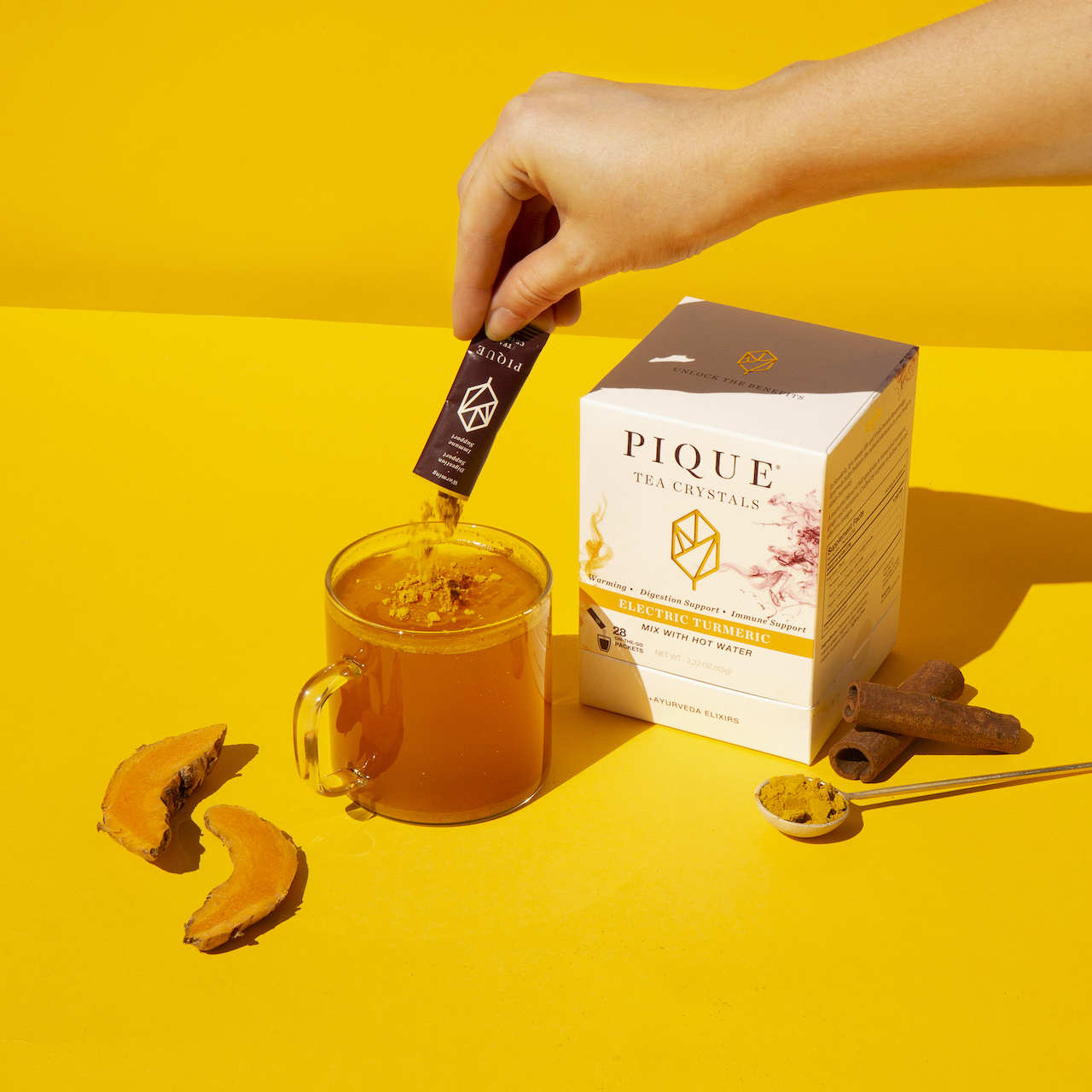
Pique Electric Turmeric
Invigorate your cells with Okinawa’s best-kept longevity secret. Delight your palate, sunup to sundown.
Final Thoughts
There’s no wrong way to obtain turmeric, and each route has distinct benefits.
For instance, supplements are convenient, but could never be as delicious as a homemade curry sauce served over steaming hot rice and veggies.
Our position at Pique is that taking the entire root in its natural, non-extracted form is preferable to taking an isolated active ingredient such as curcumin extract.
That’s why our preferred way to obtain the Golden Spice is in fermented turmeric tea, a superfood inspired by Okinawan elders. It’s portable, highly bioavailable, convenient, probiotic, and tasty.
We source our one-of-a-kind, high-quality Electric Turmeric directly from Okinawa, a culture with deep wisdom about medicinal plants and longevity.
Regardless of which form you choose, it’s in your best interest to ensure any turmeric you buy is free of unnecessary fillers, heavy metals, solvents, pesticides, and other contaminants.
